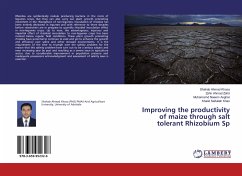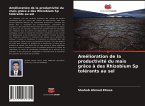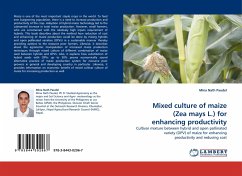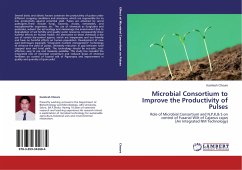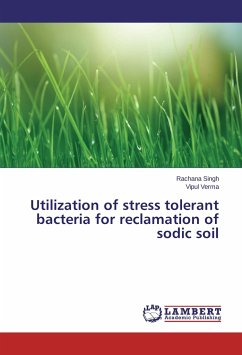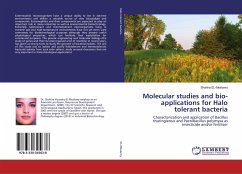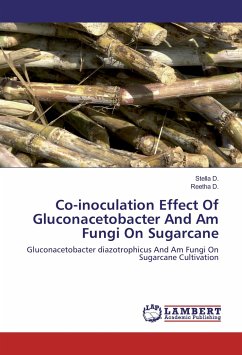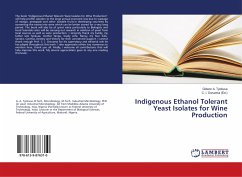Rhizobia are symbiotically nodule producing bacteria in the roots of legumes crops. But they can also carry out plant growth promoting movement in the rhizosphere of non-legumes. Inoculation of rhizobia has been entirely decleared in legumes and with reference to three decades before researchers are in progress to quantify rhizobial inoculation effect in non-legumes crops. Up to now, the advantageous, injurious and impartial effect of rhizobial inoculation to non-legumes crops has been noticed below regular field conditions. These plant growth promoting rhizobia have potential to continue to exist and yet to enhance the growth and efficiency over saline and other stressed environments. It is the requirement of the time to triumph over the salinity problem for the reason that this salinity problem have turn out to be a serious subject and even increasing year by year and resulting as a severe issue in agriculture sector, due to considerable improvement in population pressure and inadequate possessions acknowledgment and assessment of salinity issue is essential.

